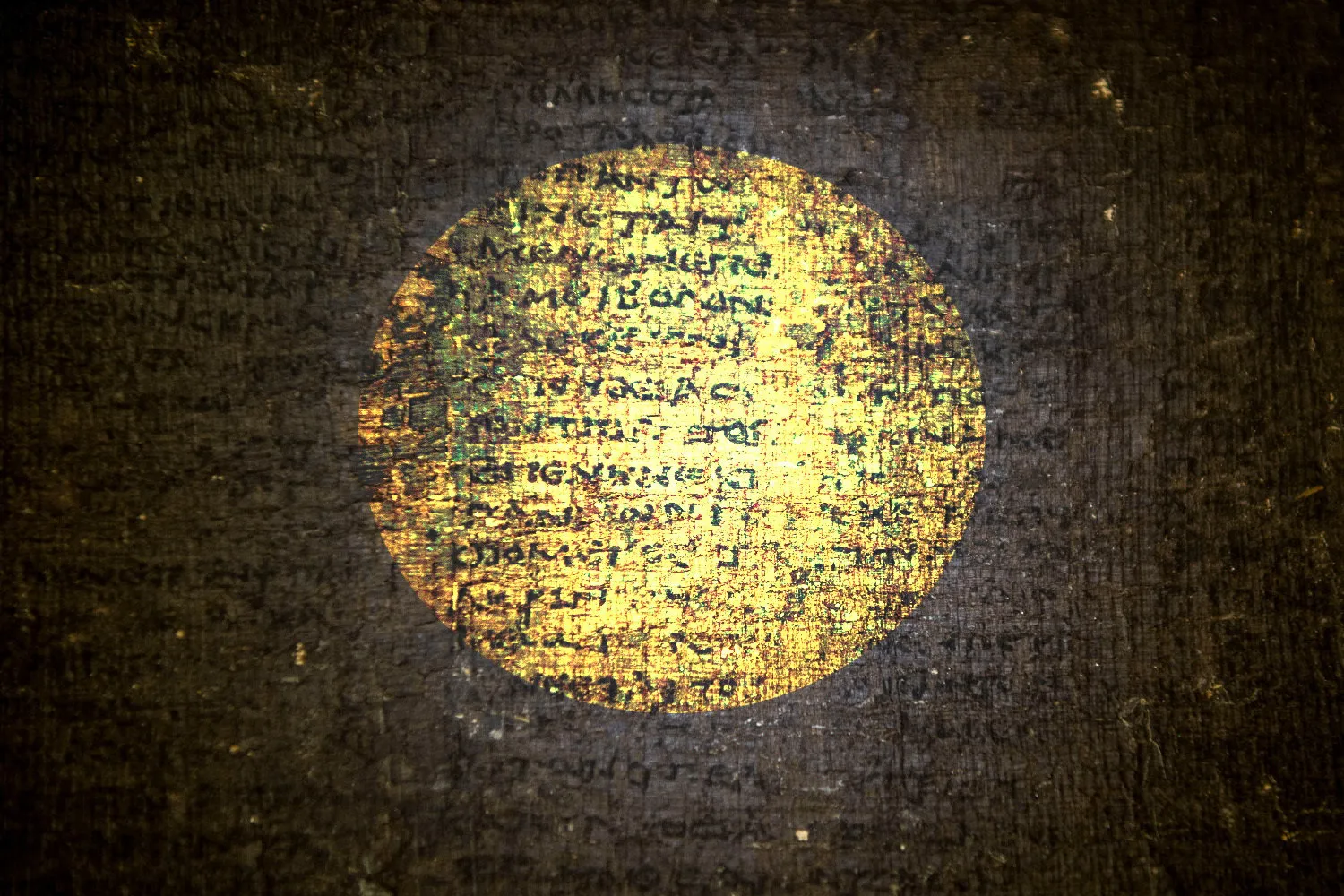Archaeology and AI: Revolutionizing the Study of Ancient Scrolls

The Role of AI in Archaeology
The integration of artificial intelligence into archaeology is reshaping how we study ancient artifacts. Recent advancements in computer vision and neural networks are enabling the analysis of previously unreadable scrolls recovered from sites like Pompeii.
Decoding Ancient Documents
- AI technologies allow researchers to interpret documents that have been buried for centuries.
- This breakthrough helps uncover lost knowledge from the Roman Empire.
- Machine learning algorithms are crucial for processing images and restoring text.
Future of Archaeological Studies
As archaeology continues to integrate artificial intelligence, the field is poised for exciting discoveries. The potential to illuminate historical texts using computer vision not only enhances our history but also encourages further technological innovations.
This article was prepared using information from open sources in accordance with the principles of Ethical Policy. The editorial team is not responsible for absolute accuracy, as it relies on data from the sources referenced.